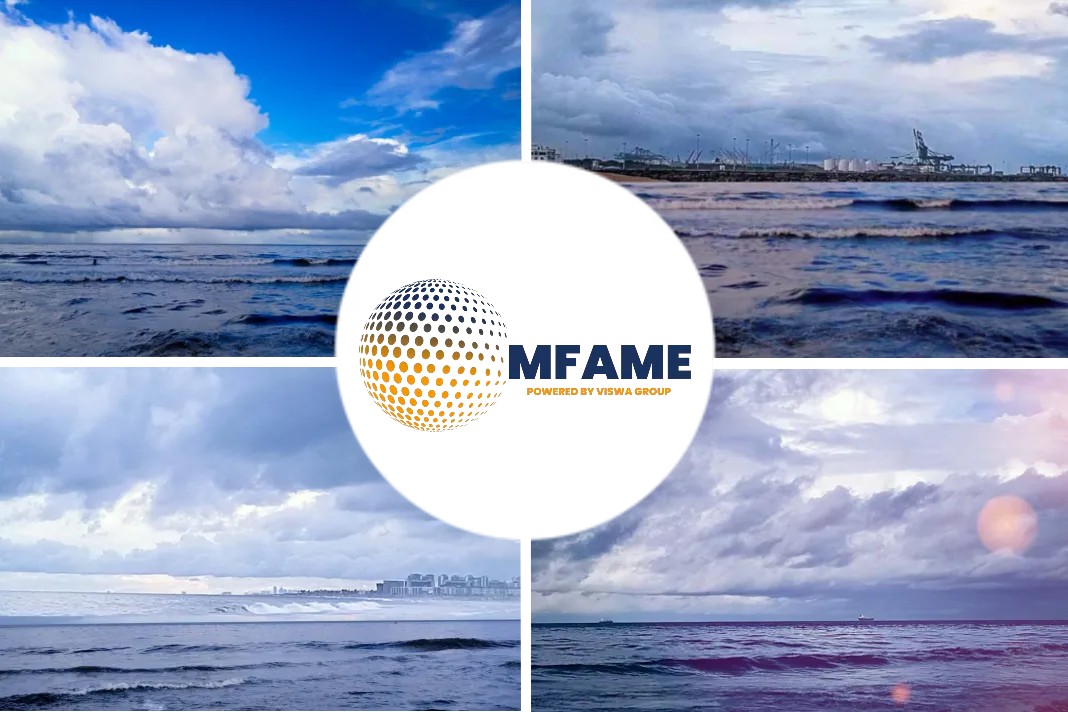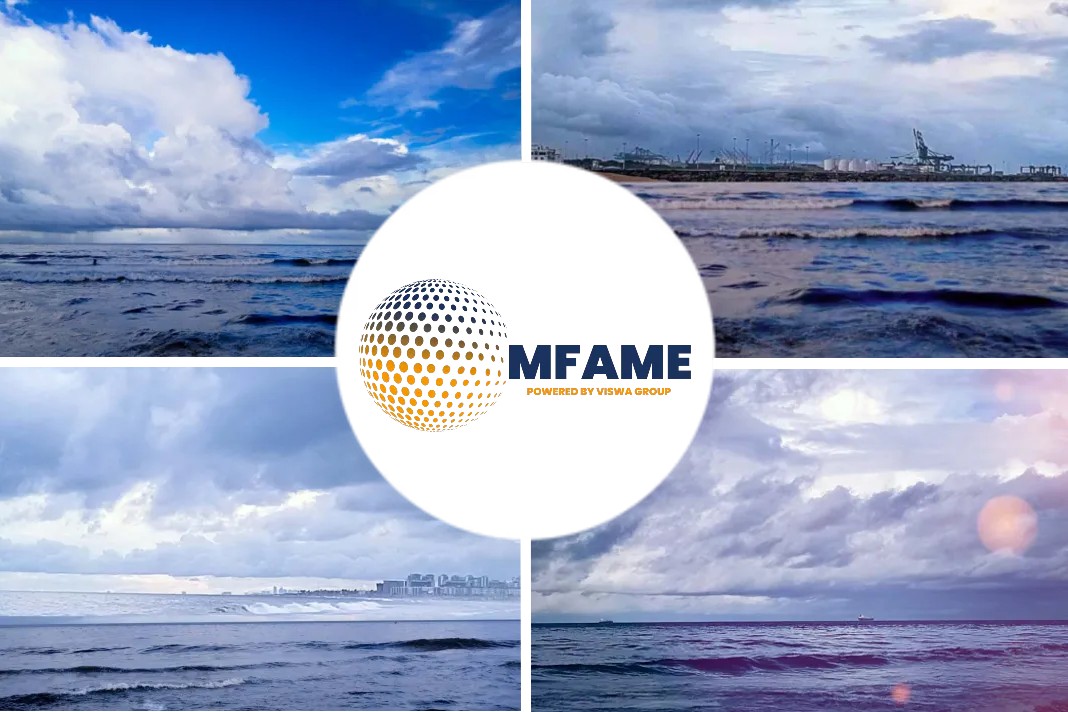- The United States is increasingly worried about Europe welcoming Chinese investments for increasing its port infrastructure.
- China’s Cosco Shipping Ports and Qingdao Port International Development have a 49.9 percent stake in two terminals in Genoa.
- Europe’s progressive integration aims to revive the ancient Silk Road and create a China-centric network of trade relationships across Eurasia and beyond.
- The United States fears that China is seeking control of overseas infrastructure to project and support naval power at greater distances.
According to an article published in South China Morning Post, the hard reality for Trump is that Chinese businesses are modernizing European port infrastructure and creating jobs as part of belt and road integration.
United States paranoid about security
The United States is becoming increasingly obsessed with Chinese activities in commercial seaports of allied countries because of the risk they would pose to its navy. Nonetheless, calls for European allies to avoid backing China’s global maritime ambitions and the Belt and Road Initiative continue to fall on deaf ears.
At last week’s Transport Logistic fair in Munich, the Italian port of Genoa signed a cooperation agreement with the Chinese port of Shenzhen, the world’s fourth-largest container facility.
Together, China’s Cosco Shipping Ports and Qingdao Port International Development have a 49.9 percent stake in two terminals in Genoa. Other European operators are also engaging with Chinese counterparts.
Europe’s progressive plan
Europe’s progressive integration into the belt and road plan, which is aimed at reviving the ancient Silk Road and creating a China-centric network of trade relationships across Eurasia and beyond, has alarmed the administration of US President Donald Trump.
In its annual report to Congress on China’s military power, released last month, the US Department of Defence said the belt and road investments could help the Chinese navy gain access to “selected foreign ports to pre-position the necessary logistics support to sustain naval deployments in waters as distant as the Indian Ocean, the Mediterranean Sea, and the Atlantic Ocean”.
To US strategists, China is seeking control of overseas infrastructure to project and support naval power at greater distances. The Chinese could achieve such a goal by gaining preferred access to foreign commercial ports through belt and road projects, as well as through some exclusive logistics facilities.
Trump administration sounds alarmed
The Trump administration sounded the alarm on Chinese-managed European ports as Italy became the first of the Group of Seven nations to sign up for the Belt and Road Initiative in March, and the Italian ports of Genoa and Trieste signed cooperation agreements with state-owned China Communications Construction Company.
However, Nato allies in Europe appear unwilling to block Chinese investment in their port facilities. The Dutch port of Rotterdam – where Cosco has a 35 percent stake in a terminal – recently signed a declaration of intent with Chengdu International Railway Port Investment to improve connectivity between Europe and China.
Port of Dunkirk seizes Chinese offer
The port of Dunkirk, the third largest in France, said last month that it would try to seize the opportunities offered by China’s belt and road plan to boost trade between the two countries.
In March, during Chinese President Xi Jinping’s state visit to France, the port of Marseille concluded an agreement with China’s Quechen Silicon for the construction of a processing plant in the port industrial zone.
The Chinese run or hold stakes in a dozen European ports. Cosco manages the strategic port of Piraeus in Greece, and Chinese port operators are also active in Belgium, Spain, France, Italy, the Netherlands, and Malta. Some of these countries have the highest unemployment rates in Europe and welcome Chinese financing of infrastructure.
China diversifies its investment portfolio
The Chinese have also heavily invested in ports in Israel, Turkey, Saudi Arabia, United Arab Emirates, Kuwait, Egypt, and Oman, which are all part of the US security system in the Middle East.
The hard reality for Trump and his China hawks is that Chinese businesses are modernizing European port infrastructure, adding value to the concerned countries and creating jobs. And the same is often true of Chinese investment in other parts of the world.
Did you subscribe to our daily newsletter?
It’s Free! Click here to Subscribe!
Source: SCMP





















